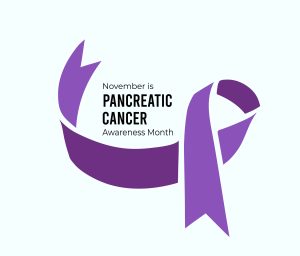The first week in December is designated as National Influenza Vaccination Week. It is designated in an effort to highlight the importance of getting your annual flu shot.
The typical “Flu Season” usually begins in October but peaks between December and February. However, there have been cases of flu diagnosis that occur as late as May.
Influenza is the unwelcome guest that comes calling on us every year – often with many very unpleasant consequences. Historically, widespread flu epidemics have had devastating effects on large portions of the earth’s population. It wasn’t until the 1930’s that two scientists, Dr. Jonas Salk and Dr. Thomas Francis developed the first vaccine to prevent the flu virus.
The vaccine was given to American soldiers during World War II and was found to be helpful in preventing the widespread outbreaks that had been common before the vaccines were used. In the years after the war, the vaccine was made available to the general public and has greatly reduced the widespread epidemics that were so common before.
Research has helped to develop better vaccines with fewer side effects and also better suited to combat strains of the influenza virus that keep changing every year. Over the past 60 years, millions of people have been given the flu vaccine each year. Many people are hesitant about getting the vaccine at all however, there are much fewer catastrophic epidemics throughout the world, thanks in large part to the work done by Dr. Salk and Dr. Francis in the early part of the last century.
Influenza is a serious disease that can lead to hospitalization and sometimes even death. Every flu season is different, and influenza infection can affect people differently. It is important that you consult with your doctor before getting the flu vaccine.
All content of this newsletter is intended for general information purposes only and is not intended or implied to be a substitute for professional medical advice, diagnosis or treatment. Please consult a medical professional before adopting any of the suggestions on this page. You must never disregard professional medical advice or delay seeking medical treatment based upon any content of this newsletter. PROMPTLY CONSULT YOUR PHYSICIAN OR CALL 911 IF YOU BELIEVE YOU HAVE A MEDICAL EMERGENCY.











